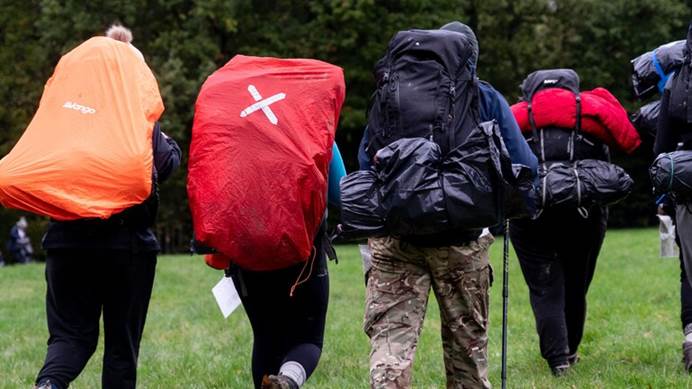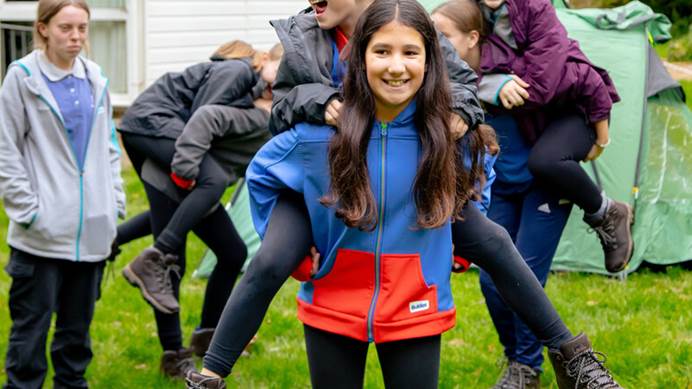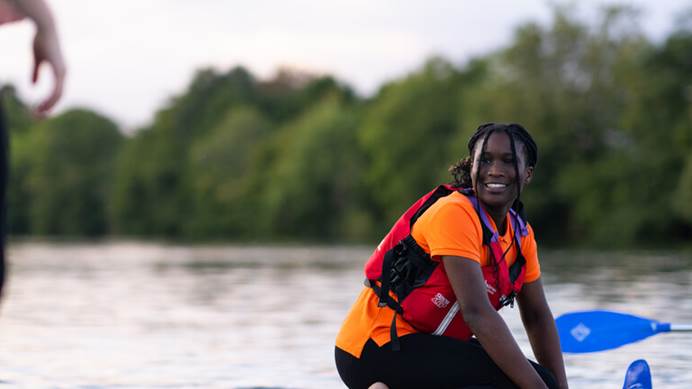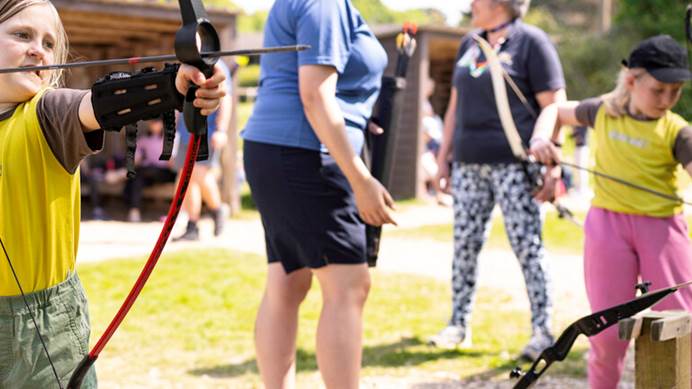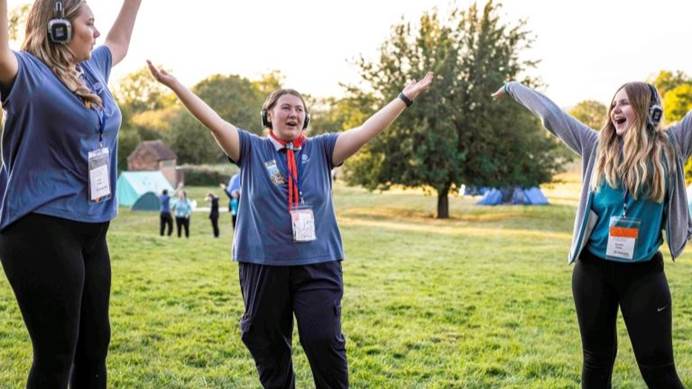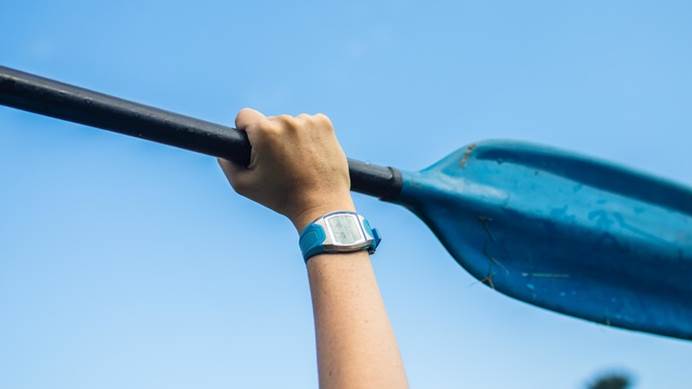Waste management and sustainability
How to reduce food and water waste, dispose of medical and hygiene waste responsibly, and manage housekeeping
This guidance is part of our toolkit for running large-scale events.
Good waste management is essential for running a responsible and sustainable event.
It helps cut environmental impact, can save money, and supports Girlguiding’s commitment to protecting the planet.
Whether you’re organising a small local gathering or a large-scale event, being thoughtful about how you manage waste – from food and packaging to water and medical disposal – is vital.
Use the guidance here to plan effective waste management strategies before, during and after your event.
Food waste reduction
Food waste is one of the largest contributors to waste at events. It’s important to think about how you can reduce this.
- Consider portion control. Over-serving often leads to more waste.
- Do you need to provide food for all attendees? Or can you ask them to bring food?
- Do you know the number of attendees in advance? Avoid over-ordering by confirming final numbers ahead of time.
- Can you work with local food charities or food banks to donate any leftovers?
- Label food clearly and safely to avoid cross-contamination and waste.
- Can you work with a catering provider who shares your sustainability values and can support your goals?
Note: food waste must be separated from other rubbish and collected by a licensed waste carrier. Make sure your waste plan includes this, especially if you’re working with caterers.
If you’re on a greenfield site you’ll need to think about managing the waste yourself. See our property A-Z guide for more.
Housekeeping and waste disposal
Waste disposal will be a fundamental part of your event operations, so consider it from the start.
Keep the site rubbish-free and tidy during the event. Make sure the site has clearly marked bins and recycling facilities. The local council may be able to help you with this. You could set up a rubbish care team or hire contractors to do all or part of the job.
Talk to local water authorities about collection of sewage and wastewater. And to the local environmental health team about medical waste. If using contractors, find out their plan for the collection of waste.
Water and bottles
- Can you provide drinking water taps or stations to reduce the need for single-use bottles?
- Can you ask attendees to bring their own reusable bottles and cups?
- Can you provide reusables instead of disposables when serving drinks?
Medical and hygiene waste
- Think about how you’ll store and dispose of any medical waste, like dressings or sharps.
- Work with your medical provider to ensure a proper disposal plan is in place.
- Provide clearly marked sanitary waste bins for attendees and staff.
- Consider attendees who may need additional hygiene products and how these can be disposed of appropriately.
